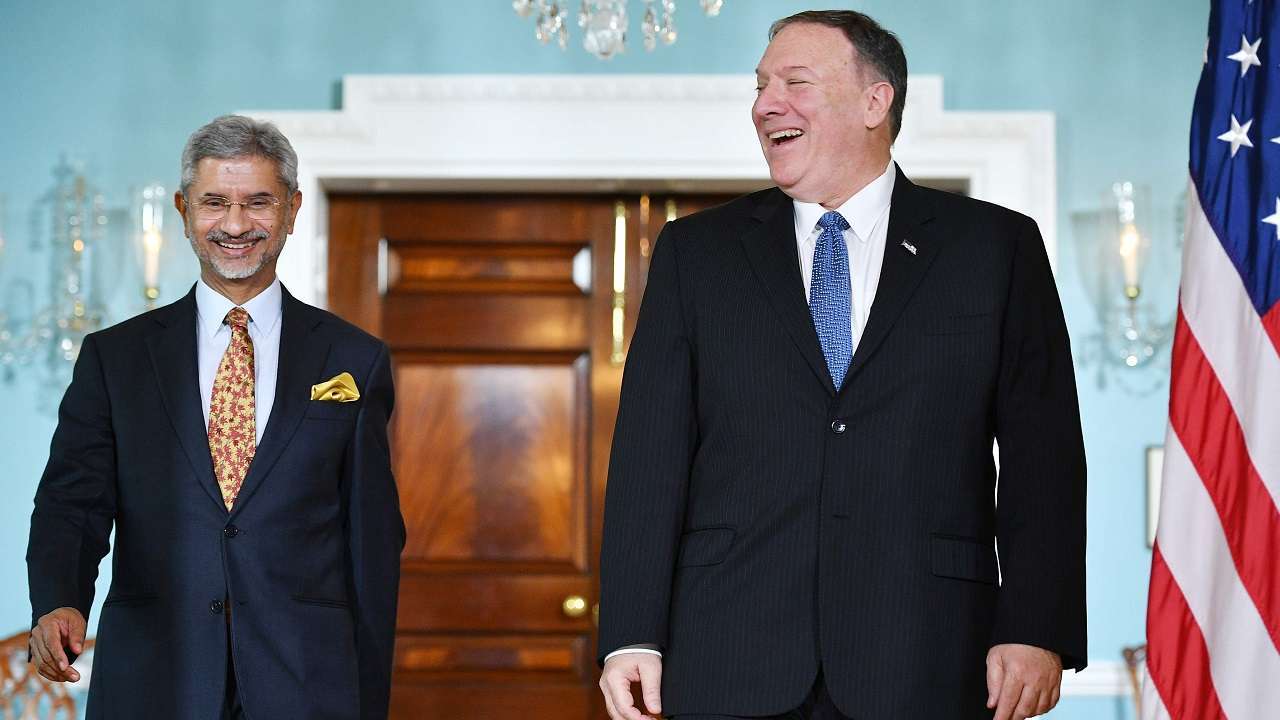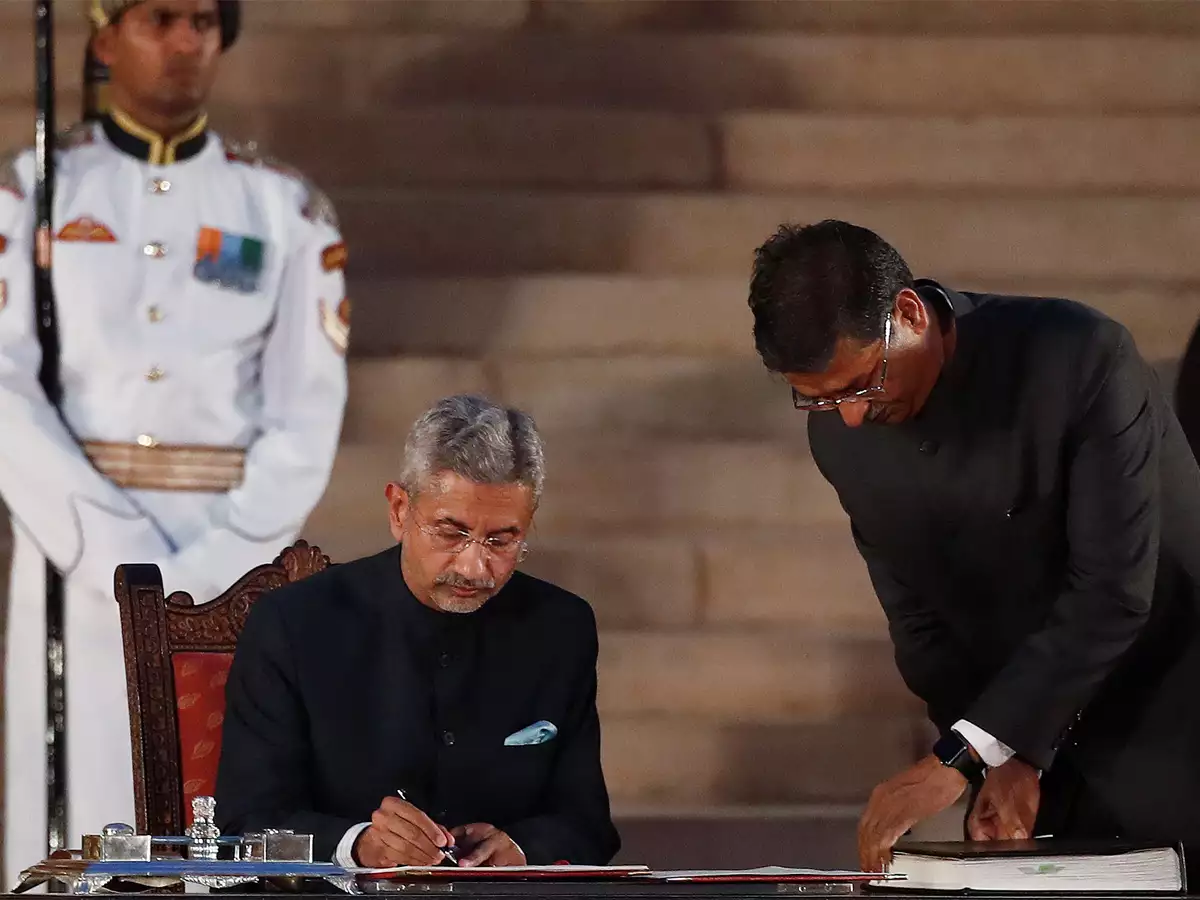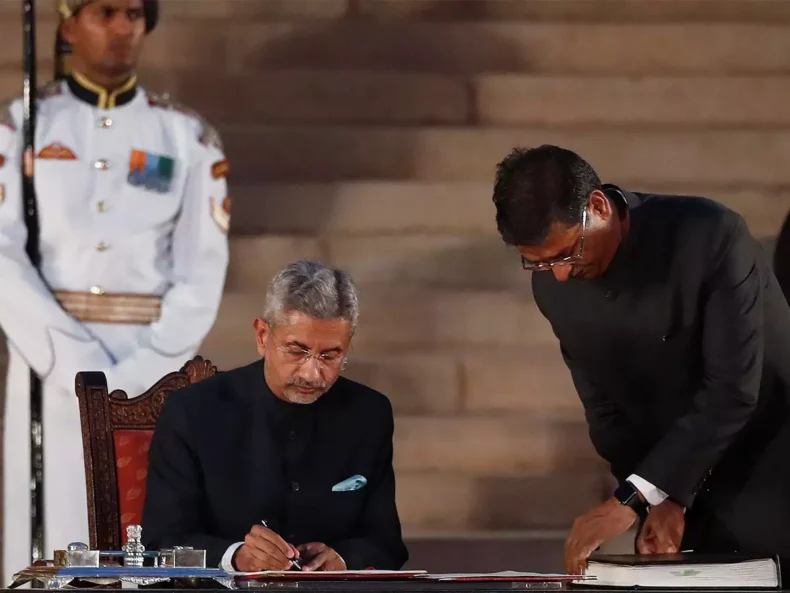External affairs minister S Jaishankar serves as the Union Minister of External Affairs In the Cabinet of Narendra Modi. Since May 30, 2019, Subrahmanyam Jaishankar, an Indian politician and diplomat (born 9 January 1955), has served as the government of India’s minister of external affairs.
Introduction:
He served as India’s former foreign secretary. In 1977, he started working for the Indian Foreign Service (IFS) and the Ministry of External Affairs (MEA). He served as India’s ambassador to the US, China, and the Czech Republic before entering Indian politics. He held a number of important positions, including High Commissioner to Singapore (2007–09). Additionally, Jaishankar was a key player in the negotiations for the Indo-US civilian nuclear deal.
S Jaishankar attended The Air Force School for his foundational education before earning a degree in chemistry from St. Stephen’s College at the University of Delhi. After that, he continued his studies at Jawaharlal Nehru University, earning an M.A. in Political Science as well as an M.Phil. and PhD in International Relations.
In 2019, the Padma Shri was presented to him. In terms of international relations, Subrahmanyam Jaishankar has a PhD.
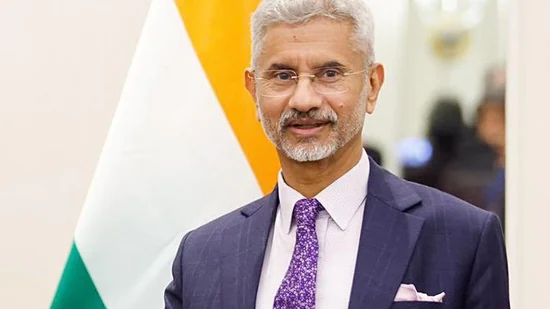
Terrorist organisations now use social media and the internet as a toolkits:
On the second day of the UN Security Council’s Counter Terrorism Committee (CTC) meeting held in Delhi on Saturday, October 29, 2022, External Affairs Minister S. Jaishankar emphasised that terrorism is still one of the “gravest threats” to humanity. He specifically mentioned threats from the use of emerging technologies.
A day after Prime Minister Narendra Modi called for eradicating the pen-wielding threats to the free world, External Affairs Minister S. Jaishankar warned that terrorists are abusing technology and the values of open societies.
Given the inherent vulnerabilities of some of these technologies and the immature regulatory environment, he claimed that the new technologies have also presented new issues for the governments and regulatory organizations.
When Jaishankar visited New Zealand earlier this month, he made a point of saying that democratic societies should be aware of the potential for the very freedoms that make them unique to be abused.
HIS CONTRIBUTIONS:
The appointment of former foreign secretary S. Jaishankar as external affairs minister is one of the most encouraging events for both this government and India. Jaishankar’s trust and confidence in Prime Minister Narendra Modi, which he had before joining the latter’s Cabinet, set him apart from past career diplomats—and India has produced some fairly good ones.
In these dangerous times, when leaders like US President Donald Trump and China’s Xi Jinping have upended international relations, Modi has chosen someone who is not only a keen observer of this global flux but also who is aware of his worldview and his vision for India in this new global order.
He fits in just as well in China, where he is regarded as a supporter of improved Sino-Indian relations. Few people will be aware that New Delhi, not Beijing, had the idea for the Wuhan “informal summit” between Modi and Xi. It was Jaishankar’s idea, if those who regularly map the South Block routes are to be trusted.
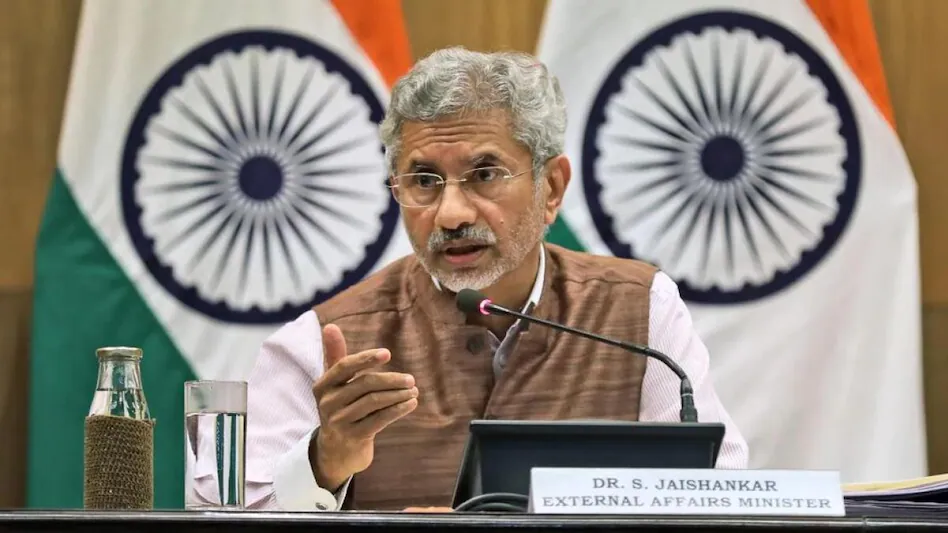
UAE minister praises S Jaishankar and expresses admiration for the way he frames India’s foreign policy:
Omar Sultan Al Olama, a minister in the United Arab Emirates, lauded External Affairs Minister Dr. S. Jaishankar and expressed his admiration for the way he positions India’s foreign policy.
Omar Sultan Al Olama responded to how he handles geopolitical challenges by saying, “In the past, people had to pick a side in a unipolar, bipolar, or tripolar globe. Your minister of international affairs really makes an impression on me after watching some of his remarks. We don’t need to pick sides, and this is true for both the UAE and India.”
Omar Sultan Al Olama, the UAE’s minister of state for artificial intelligence, praised India’s External Affairs Minister Dr. S. Jaishankar praised the latter for how he manages India’s foreign policy in the face of geopolitical tensions.
